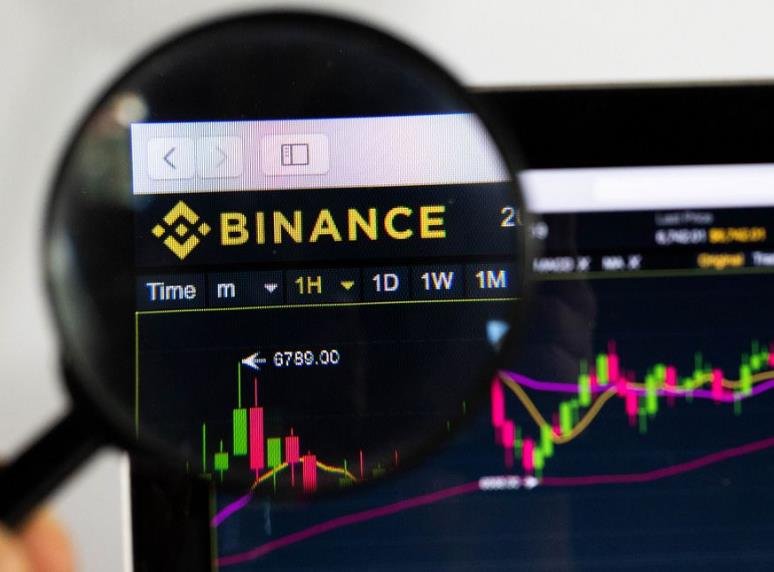The world’s largest crypto exchange, Binance, is facing a lawsuit from the U.S. Securities and Exchange Commission (SEC) over its alleged violations of securities laws and fraud. The case could have a significant impact on the crypto industry, as it raises questions about the SEC’s authority and definition of securities in the digital asset space.
The SEC filed a complaint against Binance, its founder and former CEO Changpeng Zhao, and its U.S. arm in June 2023, accusing them of breaking securities rules and committing fraud. The regulator claims that Binance artificially inflated its trading volumes, diverted customer funds, failed to restrict U.S. customers from its platform, and misled investors about its market surveillance controls. The SEC also alleges that Binance unlawfully facilitated trading of several crypto tokens that the SEC deemed unregistered securities, such as SOL, ADA, MATIC, FIL, ATOM, SAND, MANA, ALGO, AXS, and COTI.

Binance has denied the allegations and asked U.S. Judge Amy Berman Jackson to dismiss the case, arguing that the SEC has no jurisdiction over its operations and that the tokens traded on its platform are not securities. Binance’s lawyer, Matthew Gregory, said that the SEC has been “talking out of both sides of its mouth” when it comes to crypto tokens, and that the regulator has not provided clear guidance or rules for the industry.
SEC Defends Its Authority and Definition of Securities
The SEC, on the other hand, defended its authority and definition of securities in court, saying that there is “no bright line” to distinguish between securities and non-securities, and that the determination depends on the facts and circumstances of each case. The SEC relies on a U.S. Supreme Court case that established a test to evaluate whether an investment product is a security, based on whether people invest in a common enterprise with profit expectations.
The SEC also argued that Binance’s activities fall under its oversight, as the exchange has a significant presence and impact in the U.S. market, and that it has harmed U.S. investors by exposing them to risky and unregulated products. The SEC said that Binance’s conduct was “egregious” and that it should be held accountable for its violations.
Judge Questions Both Sides and Delays Ruling
Judge Jackson questioned both sides and expressed skepticism about Binance’s argument that the SEC’s case should be dismissed based on new crypto regulation rules that were proposed by Congress in 2023. The judge said that the existing securities laws are “for flexibility and investor protection” and that previous cases have shown that they can apply to new and emerging technologies.
The judge also challenged the SEC to define the limits of its jurisdiction over digital assets, highlighting the ongoing struggle between regulators and the increasingly sophisticated crypto firms. The judge said that she would take the issue under advisement and did not rule from the bench on Monday.
The outcome of this legal battle will undoubtedly shape the regulatory landscape for cryptocurrencies, influencing how they are traded, regulated, and recognized by U.S. authorities. This is not the first time that the SEC has clashed with a major crypto company in court, as it also faced Coinbase last week over similar questions. Binance, meanwhile, has settled with other U.S. agencies, such as the Department of Justice and the Commodity Futures Trading Commission, over illicit finance breaches, and agreed to pay $4.3 billion in fines and penalties in November 2023.
